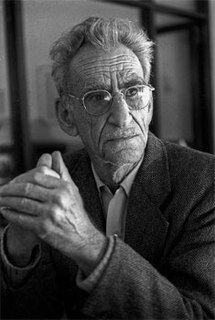A Quote by Claire Messud
I digress a lot - it's how I experience the world. I would like to write in a way that will convey that to the reader, but also I need clarity.
Related Quotes
By clarity I don't mean that we're always in kind of a simple area where everything is clear and comforting and understood. Clarity is certainly a way toward disorientation because if you don't start out - if the reader isn't grounded, if the reader is disoriented in the beginning of the poem, then the reader can't be led astray or disoriented later.
You'd expect, as good Darwinian creatures, we would evolve to be fascinated with how the world really is, and we would use language to convey real-world information, we'd be obsessed with knowing the way things are, and we would entirely reject stories that aren't true. They're useless. But that's not the way we work.
I wanted to pack a lot into the lyric, but not go beyond its bounds. Some have written that I wanted to expand what the lyric could do. I just want the hugeness of experience-which includes philosophical discursiveness-to move at a rate of speed that kept it (because all within one unity of experience) emotional. Also, often, questions became the way the poems propelled themselves forward It brings the reader in as a listener to a confession[.] A poem is a private story, after all, no matter how apparently public. The reader is always overhearing a confession.
When public figures write memoirs, there is always some indecision regarding how much they want to write of things as they were and how much they want to cut corners to avoid riling up others. I decided to write my memoirs exactly as they were, and I will not digress - not when things are ill at ease and not when they are comfortable.
Loving your subject, you will write about it with the spontaneity and enthusiasm that will transmit itself to your reader. Loving your reader, you will respect him and want to please him. You will not write down to him. You will take infinite pains with your work. You will write well. And if you write well, you will get published.






































